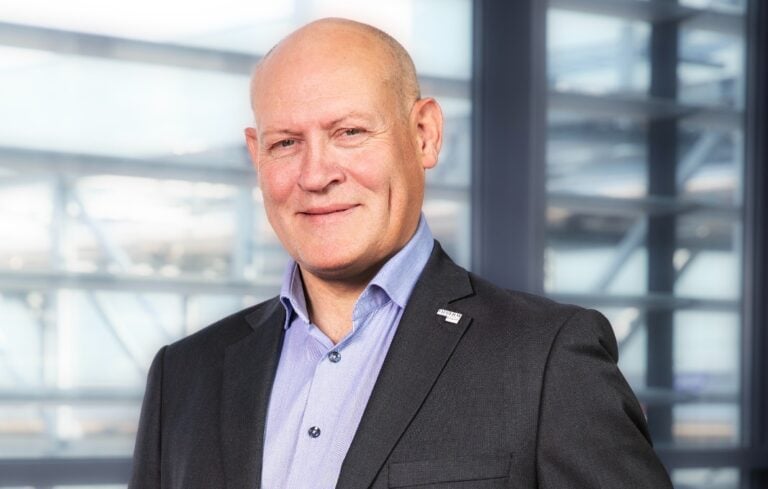The jobs of both CEOs and CFOs may soon get harder. Inflation shows no signs of slowing, costs are soaring and seven in ten CFOs believe a recession is just around the corner.
And then there’s the cost of employee health insurance, which has surged 47% over the past decade, to an average of $22,000 a year per family.
But this is one cost CFOs can control—if they reject the traditional health insurance model and take direct financial control of their health plans. Self-funding can give companies more control over their health benefits, and offer better care at lower cost in the process.
Traditional health insurers charge a set monthly premium per employee. The advantage is predictability. Companies know what they’ll spend, even if a worker becomes ill. But predictability comes at a price. If claims come in lower than expected, then insurers reap windfall profits. And if claims go up, insurers just raise premiums. They have no real incentive to work to lower the cost of medical care.
With a self-funded plan, by contrast, a company pays its employees’ healthcare costs item by item. So it has a strong incentive to keep employees healthy—and actively manage its health plan to that end. Every dollar it saves on claims can be reinvested in the business and its employees.
Firms don’t need to administer their plans themselves. Many, especially small and mid-size businesses, partner with third-party administrators to process claims, assemble provider networks, and handle other back-office tasks.
Our company switched to self-funding three years ago. We now have detailed data on how our health plan operates—what’s driving health costs within our employee population and which solutions offer the most value to our members. That has allowed us to design a health plan that works for our employees’ unique needs.
The savings from self-funding can be enormous. My health plan has about 200 employees. In our first year of self-funding, we saved $600,000. Now in our third year, we’ve saved a total of $1.2 million. As I’ve seen firsthand, any CFO who is not actively managing their firm’s claims costs is leaving hundreds of thousands, if not millions, of dollars on the table.
Here’s an example of where the savings come from. Our old insurer rubber-stamped a charge of $60,000 per year per patient for the arthritis drug Humira without bothering to seek a better deal. Our self-funded health plan has been able to source the drug for half that price.
We’ve been able to realize similar savings elsewhere by educating and guiding our employees to high-value, often best-in-class providers. After all, a successful procedure is much less costly in the long run than one with post-surgical complications.
For example, after self-funding, we discovered that knee surgery at one hospital near us cost nearly $80,000. Our third-party administrator WellNet located another provider five miles away that was higher quality—and charged just $20,000 for the same procedure.
To incentivize our employees to visit the lower-cost, higher-value provider, we offered to waive the employee’s $2,500 deductible, and essentially bring their cost to zero while saving the company $57,500.
Self-funding has long been popular among larger employers. A Kaiser survey found that 64% of workers with employer coverage are enrolled in self-funded plans. But only 21% of workers at small firms are covered by them. That means tens of thousands of firms are missing out on a golden opportunity to save money, improve their corporate culture, and preserve cash.
Self-funding has allowed our finance team to take health care and make it run like just another division of our company. At a time when CFOs are preparing for an economic downturn, the savings delivered by self-insurance could be key to staying in business.







